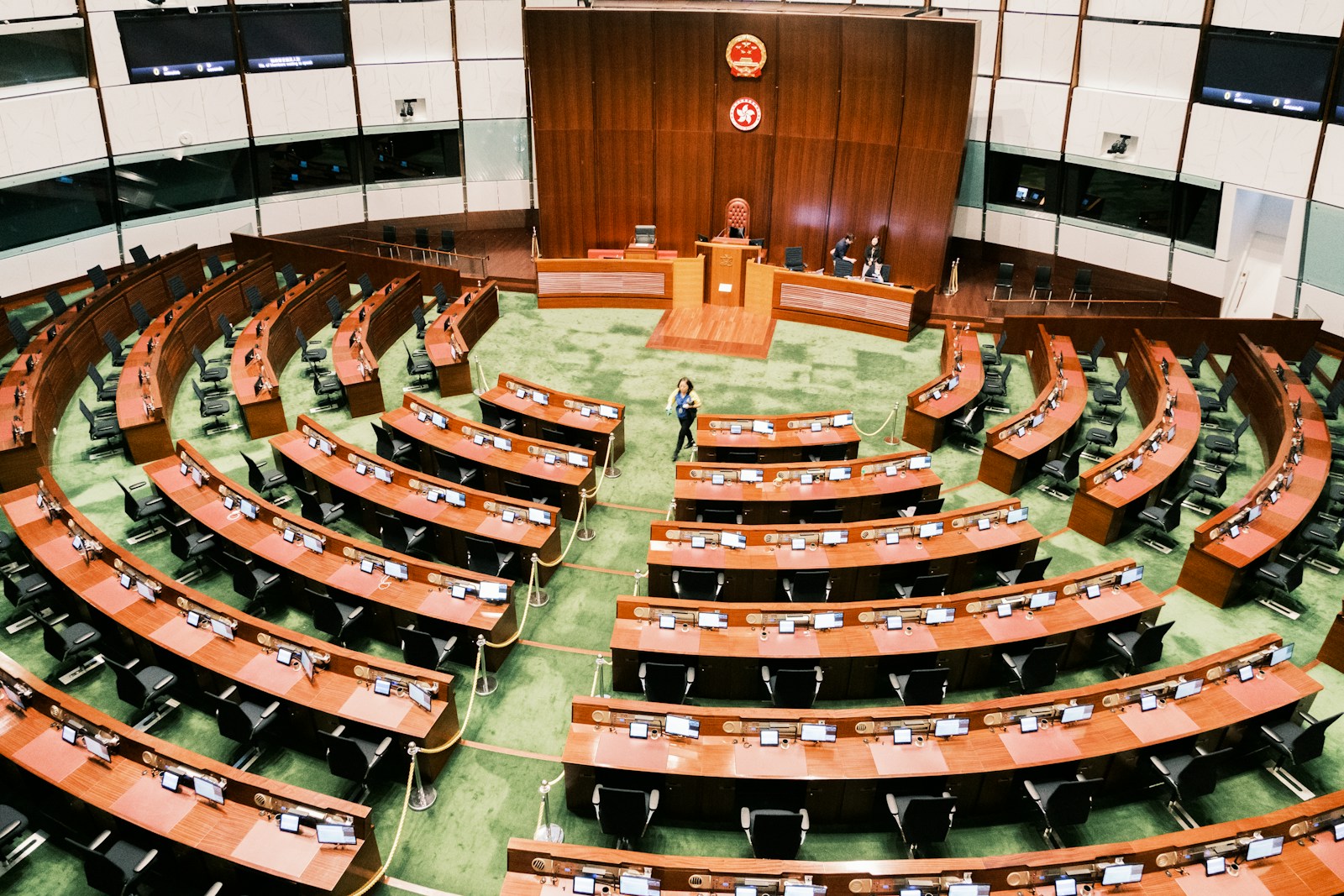Key Takeaways
1. Senator Mullin waited more than two years to report stock trades
2. Law requires lawmakers to file reports within forty five days
3. No lawmaker has faced prosecution under this disclosure rule
4. Mullin’s office compared the delay to amending tax returns
5. He says an independent firm handles all his trades
Delayed Disclosure Raises Questions
A new report reveals that Senator Markwayne Mullin failed to file required records for over two and a half years. He must reveal stock trades within forty five days. Yet Mullin only updated his filings after two years and seven months. This timeline exceeds the legal limit for financial disclosures. Meanwhile the report shows other lawmakers have also delayed filings. However none have ever faced prosecution under this rule.
Understanding the Rule for Reporting Trades
Federal law asks lawmakers to report stock trades promptly. They must file a disclosure report within forty five days of a trade. This requirement aims to prevent conflicts of interest. It also helps the public see if a lawmaker profits from inside information. Yet some lawmakers have delayed by months or years. Still no one has faced legal consequences for these delays.
Senator Response and Explanation
Mullin’s staff insisted the delay was an honest mistake. They said they treat financial disclosures like tax returns that sometimes need correcting. In their words they amended records to show accurate information. They also said an outside firm manages all his stock trades. This firm updates the Senate Ethics office twice a month to ensure compliance. They stressed the senator does not choose or inform the trades himself.
Scrutiny and Political Impact
The report has drawn attention from watchdog groups and political rivals. They argue that lawmakers must follow the rules without exception. Some say if ordinary citizens had such a delay they would face penalties. Others point out that no lawmaker has ever been charged under this rule. Therefore critics call for stronger enforcement or updated laws. They want clear consequences for missed deadlines.
Comparisons and Historical Context
In past years several members of Congress have filed late reports. Yet they faced no jail time fines or official sanctions. The lack of enforcement raises questions about the rule’s effectiveness. Meanwhile some believe voluntary compliance will improve with more public scrutiny. Others recommend a system of automatic penalties for late filings. This could include fines or temporary suspension from committees.
Possible Changes to Enforcement
Lawmakers in both parties have discussed changes to ethics rules. For example they consider automatic fees for missed deadlines. They also debate stricter oversight by the ethics committee. Some propose regular audits of financial filings to catch delays early. Moreover they suggest public dashboards showing real time filing status. Such steps could boost transparency and trust in government.
What Happens Next
The Senate Ethics committee may review Mullin’s delayed filings. They will decide if any action is needed under current rules. Even if they do not impose sanctions they could issue a formal warning. In addition the episode could spark a broader debate in Congress. Lawmakers might vote on tougher disclosure measures in the coming months. Public and media pressure could drive those changes forward.
Why It Matters
Transparency in government builds public trust. When lawmakers report financial trades on time the public can better judge their decisions. Delays can create suspicion of hidden motives or insider deals. Therefore timely disclosures protect both officials and citizens. They also uphold the integrity of democratic institutions. As more people learn about these rules they expect stronger compliance.
Lessons for Citizens and Lawmakers
First lawmakers must treat disclosure deadlines seriously. They need clear processes and reliable record keeping. Next they should work with ethics offices to address mistakes quickly. Finally they should support reforms that improve transparency. Citizens can also stay informed by checking public filing databases. They can ask questions about late reports and call for accountability.
Conclusion
Senator Mullin’s case highlights an ongoing issue with financial disclosures in Congress. Despite the clear rule law enforcement has not prosecuted any lawmaker for delays. His office insists the late filing was a simple correction like amending a tax form. However critics say that answer falls short of the transparency standard voters expect. As Congress considers new ethics measures the Mullin delay will likely remain in focus.
